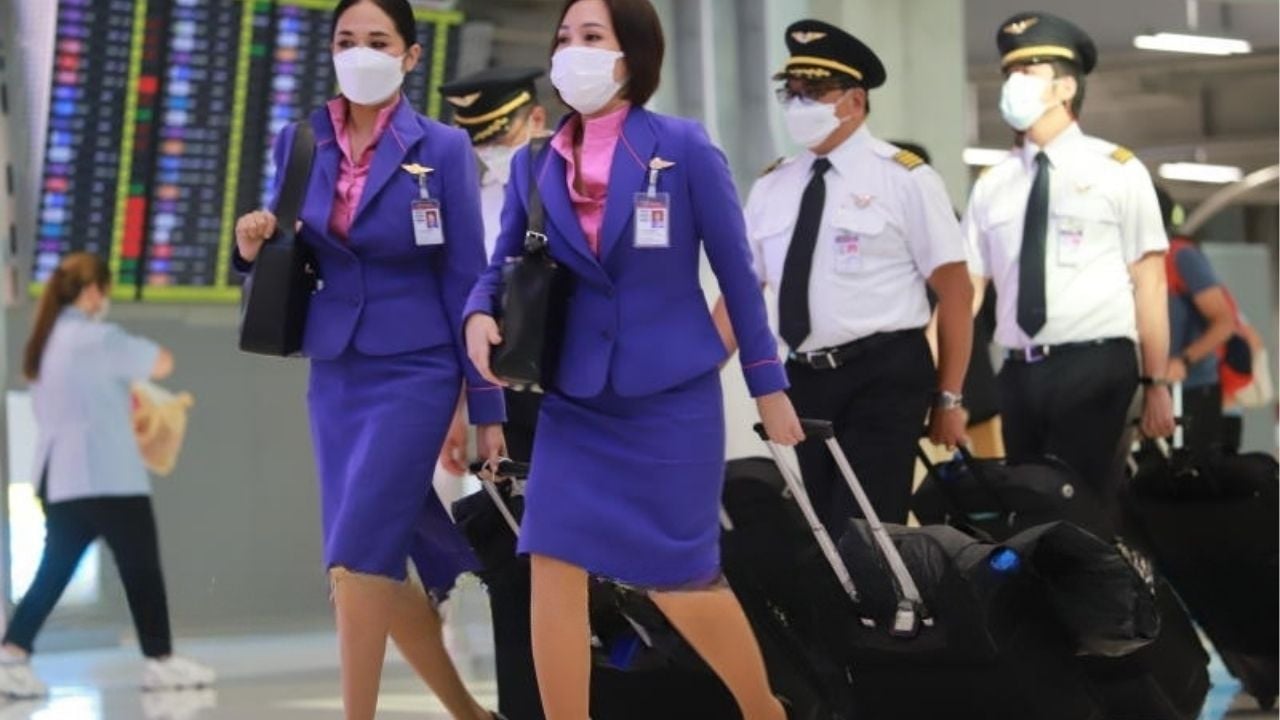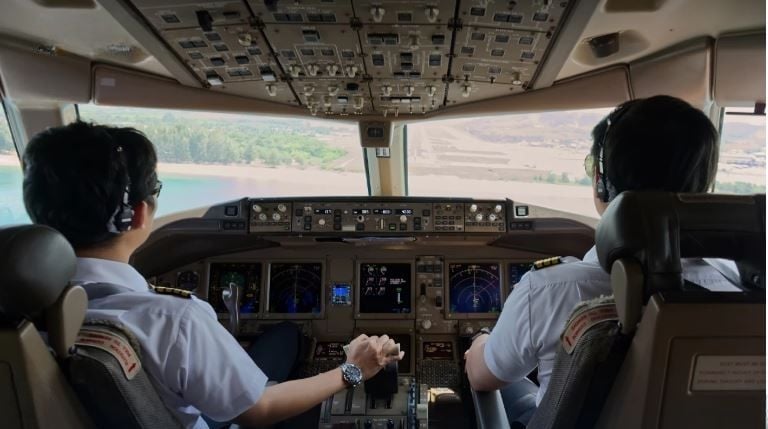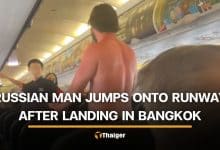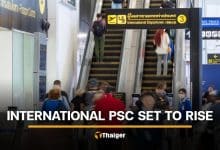Thai airlines warn of looming pilot shortage crisis
Licensing hurdles and costly training keep many pilots grounded

Thailand’s aviation sector faces a looming pilot shortage as airlines expand fleets while many licensed pilots remain unable to return to duty.
Vietjet Thailand CEO Woranate Laprabang said more than half of Thai pilots cannot return to work because they are unable to renew their licences. Pilots are required to regularly fly to maintain type ratings and must also undergo annual medical checks.
He said that only 20 to 30% of pilots have been recalled by airlines since the pandemic, leaving a limited pool available to operate flights. Vietjet Thailand, which currently flies 18 aircraft with around 180 pilots, faces particular pressure as it prepares to retire four planes and add nine new ones this year. The expansion will require at least 50 additional pilots.
“We have already accepted 20 student pilots and plan to recruit another 30 in the second phase.”
Looking further ahead, Vietjet Thailand aims to operate 50 aircraft by 2028 with a total of 500 pilots. To meet demand, the airline will need 320 new pilots over the next four years, one-third of them expected to come from student training schemes.

Industry observers believe all Thai carriers will have to develop their own talent to cope with the shortage. Vietjet is reportedly adopting a controversial pay-to-fly scheme, where pilots pay training fees in exchange for employment. Woranate said that this system is common in Europe.

Thai Pilots Association president Teerawat Angkasakulkiat highlighted two main groups of unemployed pilots: those who hold commercial licences but lack commercial airline experience, and those made redundant during the pandemic who have not returned to the cockpit.
“Both groups must undergo new training to re-enter the workforce, which requires significant costs. If airlines will not pay and pilots refuse, the jobs will remain unfilled.”
He added that pilot relocations may occur if airlines acquire aircraft already operated by other carriers, as retraining on familiar models is cheaper and faster. However, he warned that increasing reliance on pay-to-fly recruitment, with training fees reaching up to 6 million baht, could endanger safety standards if left unregulated, reported Bangkok Post.
As Thai airlines race to expand, the industry faces a critical question: how to fill cockpits fast enough without compromising the safety and future of aviation in the country.
Latest Thailand News
Follow The Thaiger on Google News:


























